- Membership Resources
- State Chapters
- Education/Events
-
Advocacy/Policy
- Home Care Workforce Crisis: An Industry Report and Call to Action
- Advocacy Fund
- State of Home Care: Industry at Crossroads
- Home Care Workforce Action Alliance
- Caring for Seniors: Value of Home Care
- Home Care by the Numbers
- Issues & Positions
- Legislative Action Network
- State Legislation Tracker
- Federal Legislation Tracker
- 2024 National Advocacy Day
- About HCAOA
- Find a Job
|
Last week, the New York City Council passed a bill mandating that a comprehensive workers' bill of rights be published on the city website. The legislation outlines provisions, including the identification of labor laws protecting employees and contractors, information on the right to unionize, and clarification that these rights extend regardless of immigration status. The finalized bill of rights is slated for online publication by March 1, 2024. Employers must distribute copies to current employees by July 1, 2024, and to new hires on their first day. Penalties of $500 may be imposed on non-compliant employers, but a 30-day cure period is allowed after the first complaint.
0 Comments
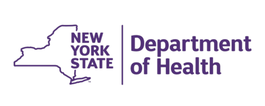 The New York Department of Health (DOH) has released guidance outlining the due dates for Licensed Home Care Services Agencies (LHCSAs), Medicaid Managed Care Organizations (MMCOs), Certified Home Health Agencies (CHHAs), and Fiscal Intermediaries (FIs) to submit compliance certifications and statements related to the Home Care Worker Wage Parity Law (WPL). Stay informed about changes in minimum wage that can affect your business. Today's session promises to be filled with valuable insights and strategies to ensure compliance.
Webinar Date: Wednesday, September 20th Webinar Time: 10:30 a.m. ET To join the webinar, simply click: Preparing for Minimum Wage Changes 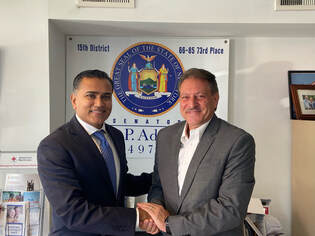 HCAOA New York Chapter Co-chair and owner of Right at Home – North Shore Long Island Zubin Kapadia met recently with New York State Senator Joseph P. Addabbo, Jr. (D-15) to discuss critical legislative matters. Sen. Addabbo said he supported the legislation to increase caregiver wages in the 2022 budget, which Kapadia also supports, and recognizes the need to incentivize and retain good aides. However, he noted that the legislation was driven principally by the proponents of labor, and thus the impact on private pay agencies and seniors was not fully considered. Zubin Kapadia stated, “I laid the blame for that on us as business owners to do more to educate the legislature on the downstream impact of these laws; i.e. private pay client rates will increase, families will be burdened with paying more out of pocket, and many will file for state Medicaid or go to the gray market for care. I noted that most of our clients are “family funded” and there is a huge misconception that private pay homecare is only for the wealthy. I mentioned that as opposed to Medicaid agencies, we will not get any offset in the form of higher reimbursements, and thus a tax credit would be the most appropriate way to protect seniors and level the playing field.”
Home care agencies in New York should be aware of two items that could impact home care agencies. Both topics will be discussed during the HCAOA New York Chapter Virtual Update today at 10:00 a.m. First, non-compete agreements may soon be unlawful in the state.
All HCAOA members in New York are invited to participate in a virtual Chapter Update next Wednesday, June 28 from 10:00 a.m. to 11:30 a.m. The agenda includes a comprehensive summary and update about labor and employment issues from Emina Poricanin, Esq., Poricanin Law PC - including minimum wage - that are impacting home care providers. Greg Bean of Paradigm Senior Services will provide an in-depth look at the VA home care programs and how you can serve veterans AND grow your agency with this business line.
Discover the Impact of the Newly Signed NY Budget on Home Care at New York Chapter Conference5/17/2023 Operations in home care were significantly changed with the stroke of Governor Kathy Hochul’s pen at the beginning of May with the signing of the 2023-2024 New York State Budget. With these new changes, it is critical for home care providers to remain up to date with the latest information on the minimum wage, wage parity benefits, and new oversight standards.
Not only are there issues affecting home care organizations in New York, there are also several issues at the national level that could impact home care. These issues and many more will be presented during the first-ever New York Chapter Conference, on Tuesday, June 6, from 9:00 a.m. to 3:00 p.m., at The Century House, in Latham, NY.
The Home Care Association of New York State, Healthcare Association of New York State and Iroquois Healthcare Association held an all-sector health workforce summit on May 26 – the first of its kind in many years – to leverage the collaborative participation of core partners across the continuum, including state and national leaders, healthcare providers and other organizations.
A reminder to all New York members that effective October 1, 2022, the hourly minimum wage for home care aides will increase by $2.00 to $17.00/hour. The wage parity benefit portions remain at $4.09 (New York City) and $3.22 (Long Island and Westchester).
As members know, HCAOA has nearly 20 active state chapters that focus on state-specific legislative and advocacy issues, conferences and education, and information sharing. In recent weeks, three additional states have expressed their interest in forming a state chapter: New York, South Dakota, and West Virginia. HCAOA is in talks with leaders in the state and is holding a series of informational webinars to discuss the home care priorities for advocacy in each state.
New York City Councilman Christopher Marte recently introduced a bill that would amend the city’s Fair Workweek law by expanding it to cover employers in the home care industry. Specifically, the bill prohibits employers from assigning a caregiver to: (1) a single shift exceeding 12 hours; (2) consecutive 12-hour shifts; or (3) multiple shifts totaling more than 12 hours in any 24-hour period. It would also prohibit caregivers from working more than 50 hours in any single workweek. The bill, if passed, would effectively create a situation where home health care agencies would be unable to staff “live-in” cases. For instance, by allowing only 12-hour shifts and eliminating the traditional “live-in” (24-hour) shift, agencies that work with Medicaid-eligible patients, would have to staff each “live-in” shift with two aides—instead of one—and would receive reimbursement from Medicaid (if applicable) for only 13 of the 24 hours.
HCAOA contacted Councilman Marte to voice opposition to the bill, citing that caregivers should have the flexibility to work the shifts that are best for them and have the opportunity to work sufficient hours to meet their needs. Even with increases in minimum wage and the coming additional caregiver wage increases, HCAOA members believe there will still be the desire among some caregivers to exercise the flexibility to work more than 12 hours on occasion and more than 50 hours in a week. HCAOA also emphasized that Councilman Marte’s proposal would further hamper an already overburdened home care community from providing safe, effective, and badly needed home care in New York. In fact, it would exacerbate the caregiver shortage, leaving our elderly or otherwise disabled clients in peril. HCAOA will continue to follow up with his office and to offer additional suggestions and comments.  The New Jersey Cannabis Regulatory Commission issued long-awaited initial rules implementing the New Jersey Cannabis Regulatory, Enforcement Assistance, and Marketplace Modernization Act, which Governor Murphy signed on February 22, 2021. The Act legalizes the use of recreational marijuana for adults over the age of 21 and creates many obstacles for employers seeking to maintain a drug-free workplace. The new rules deal almost exclusively with the provisions governing the recreational cannabis market, leaving many employer questions unanswered.  Several states have recently announced COVID-19 vaccine mandates for health care workers, and HCAOA and state chapters are working with state officials to clarify how these mandates impact home care. For example, mandates in Washington, California, and New York do not include home care in some settings, while the order in New Jersey does include home care. |
Archives
July 2024
Categories
All
Upcoming Events |
|
Phone: 202-519-2960 | 444 N. Capitol Street NW, Suite 428 | Washington, DC 20001
[email protected] | sitemap © 2024 Home Care Association of America. All Rights Reserved. | Privacy Policy | Refund Policy |
|


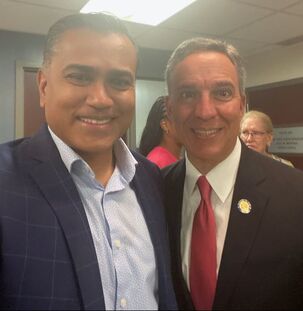
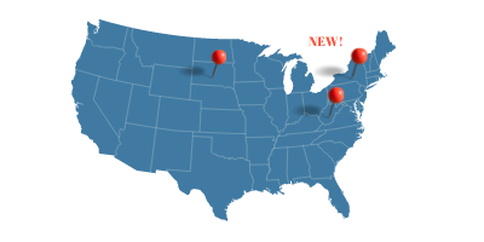
 RSS Feed
RSS Feed
